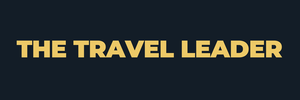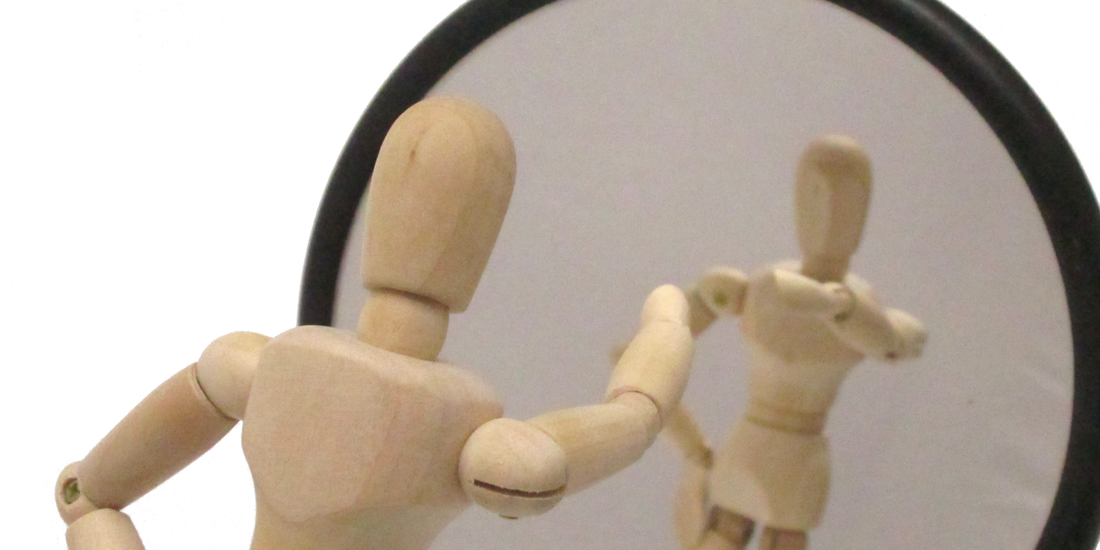|
The Power Humility
As a hospitality leader, there has been more than one occasion when I don’t see our business achieving a specific outcome, and I think: If only employee x would do y, we would get the result we want. And then I ask, why isn’t employee x doing it!? It’s easy to jump down the rabbit hole and analyze all the reasons why said employee is behaving the way they are. In reality, there’s a big chance that if I looked myself in the mirror, I would get the answer I’m looking for. Many times, undesirable outcomes result from undesirable behaviors that stem from less than stellar leadership practices. This can stem from anything like poor communication, lack of setting expectations or systemic cultural problems in an organization. And most of these can be attributed to the leaders at the very top. Ask any leader how strong their competencies are in any of these areas, and more than likely they will rate themselves better than someone looking from the outside in. For his book “The Future Leader”, Jacob Morgan surveyed hundreds of employees and leaders about different leadership mindsets and skills. For every one, leaders scored themselves as more proficient than their direct reports. This phenomena is referred to as the Dunning-Kruger effect by social scientists: “a cognitive bias whereby people with low ability, expertise, or experience regarding a certain type of task or area of knowledge tend to overestimate their ability or knowledge.” Adam Grant talks about this in his book “Think Again”. Feeling deflated? Don’t worry! We are all guilty of it. There’s an antidote for it as well – the metaphorical mirror, or in other words, humility. Jacob Morgan defines humility as “the willingness to obtain accurate self-knowledge. Keeping an open mind and being willing to constantly learn and improve”. Humility is a powerful mindset and practice. First, it paves the way for all other leadership competencies. Humility is first the belief that we are all fallible human beings with the potential for improvement. It is a “modest self-portrayal”. Humility also includes self-awareness – the ability to look in-wards, self-reflect and accurately assess your strengths and weaknesses. Humility is so powerful that Jim Collins found in his research for “Good to Great” that it was the most important factor that separates truly great companies from all the rest. So where do you begin to practice humility? Break out the mirror and ask yourselves these questions:
Start with asking yourself those questions and the sky is the limit for your own leadership growth and the organization for which you work.
0 Comments
Leave a Reply. |
AuthorRachel Vandenberg is a leadership coach living in Stowe, Vermont with her husband and three children. Rachel also owns and operates a hotel and attractions property with her family. She sits on the board of the local tourism association and also created a leadership retreat for women leaders in travel. Archives
July 2024
Categories
All
|


 RSS Feed
RSS Feed
